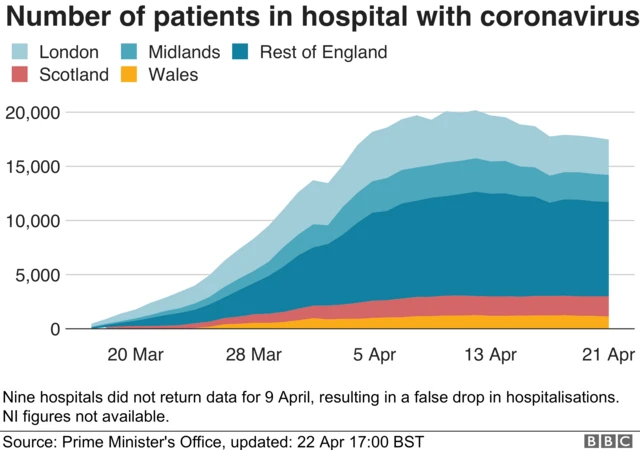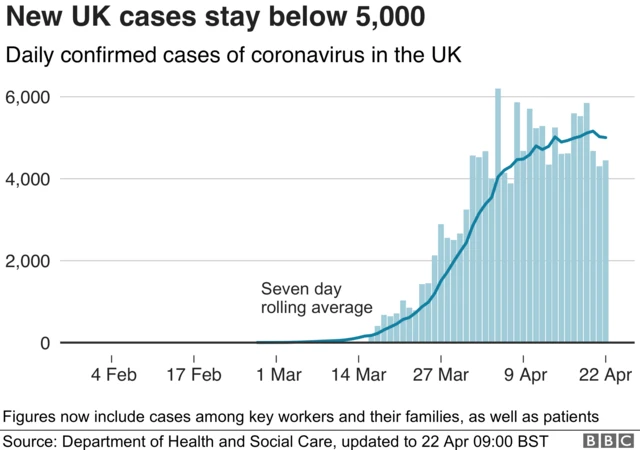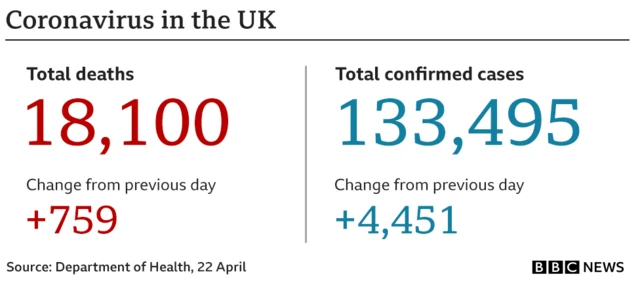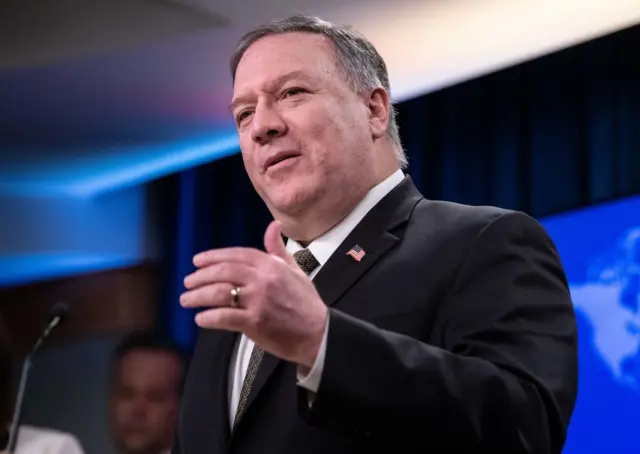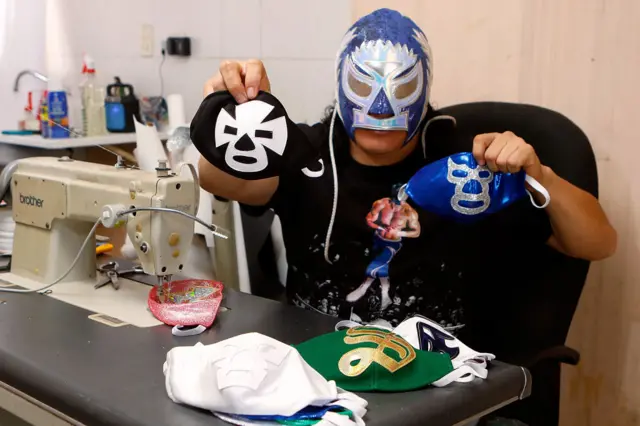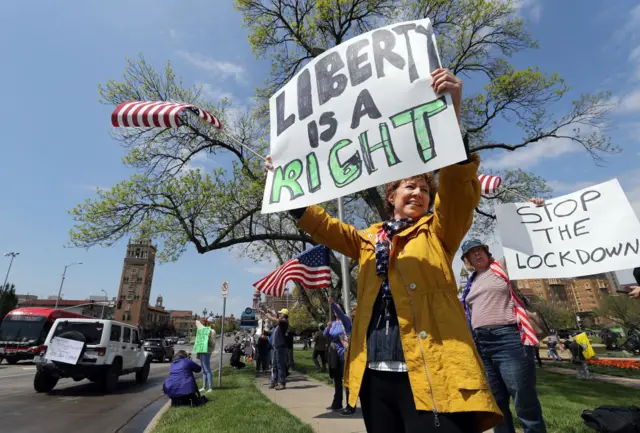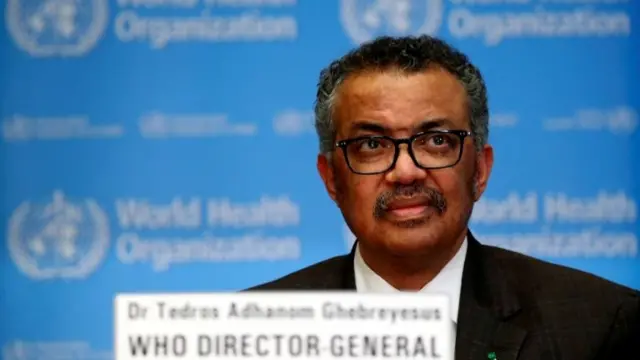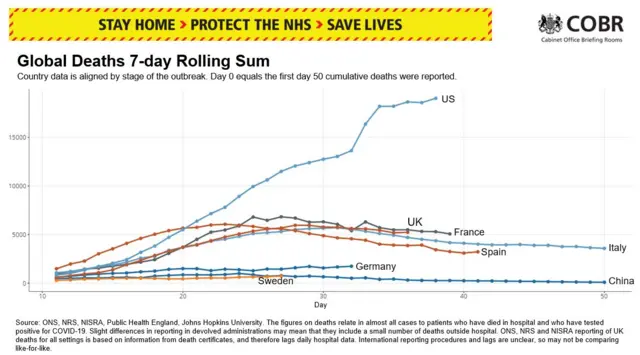What's the latest from Africa?published at 18:58 BST 22 April 2020
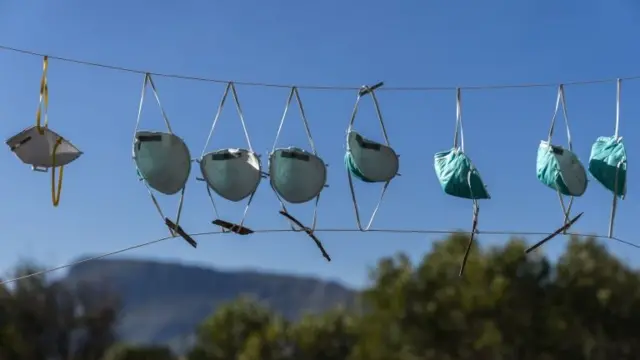 Image source, EPA
Image source, EPAA lot has been happening in Africa. To catch you up, here are the latest headlines:
- Cyril Ramaphosa, South African president and chairman of the African Union, has called for aid for Africa from the G20 group of nations. He said that the global recession likely to follow the pandemic would hit African countries "particularly hard"
- He has also announced that 70,000 extra troops will be deployed to help enforce the country's lockdown
- Ramaphosa earlier announced an economic relief package worth $26bn (£21bn) intended to protect companies and three million workers in South Africa. He said the assistance amounted to 10% of the country's entire GDP
- Governors of 19 northern Nigerian states have shut down all traditional Koranic schools, sending home an estimated nine million children
- South Africa's Communication Minister Stella Ndabeni has been fined 1,000 rand ($53; £42) for breaking the country's lockdown rules. She was previously placed on two months' administrative leave and had issued a public apology
- A number of African countries are among those at risk of famine this year as a result of the pandemic, the World Food Programme (WFP) has warned. They include DR Congo, Ethiopia and South Sudan
For all the latest headlines from the continent you can follow our Africa live page here.
